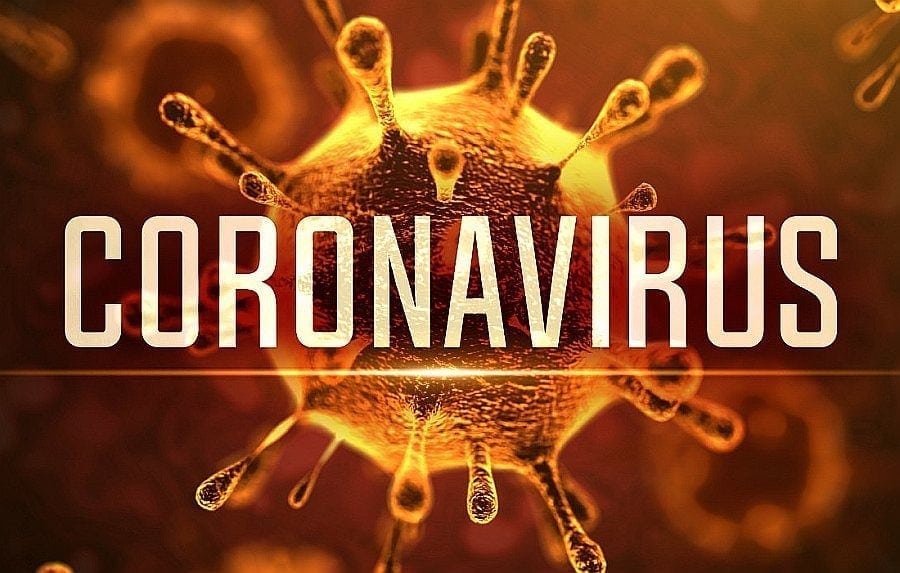
The coronavirus, it’s all over the news. But what exactly is it? Dr. Elix gives an update on Covid-19.
In December 2019, an epidemic of viral-looking pneumonia appeared in the city of Wuhan in China. On January 7, 2020, Covid-19, a new coronavirus was discovered and a link was established between this virus and the pneumonia cases reported.
What is coronavirus?
Coronaviruses are viruses that have been known for a long time in humans and animals. They mostly cause mild illnesses such as colds. However, some coronaviruses cause more serious illnesses such as Severe Acute Respiratory Syndrome (SARS) or the Middle East Respiratory Syndrome (MERS) which appeared in 2012 in Saudi Arabia.
The current virus is called Covid-19. It is a new coronavirus that was discovered on 7 January, when a number of cases of viral pneumonia appeared in China in the city of Wuhan. The first people to be affected by Covid-19 were at the Wuhan market, where live animals were being sold. The zoonosis trail (a disease that is transmitted from animals to humans) is, therefore, the preferred route for defining the origin of the virus, although it has not yet been confirmed.
What are the symptoms?
The symptoms of Covid-19 are a fever above 38°C, coughing fits, severe fatigue and muscle aches. In more severe cases, breathing difficulties and kidney failure may occur, especially in chronically ill or elderly people.
These symptoms are similar to those of influenza and flu-like conditions. If you have not recently visited China, Singapore, South Korea, Iran or the Lombardy and Veneto regions of Italy, there is no reason to panic.
The same is true if you have not been in contact with a person with Covid-19 in one of the currently active households in the USA, France or the other contaminated countries.
What should I do if I come back or if I am in a risk zone?
The risk zones are currently mainland China, Hong Kong, Macau, Singapore, Iran, and the Lombardy and Veneto areas in Italy as well as new cases have been confirmed in more than 180 countries. There are also outbreaks of contamination in several regions in the USA.
If you find yourself in or return from a risk area, you should stay there for 14 days:
- to take your temperature twice a day
- to wear a mask in the presence of other people
- to wash your hands regularly
- limit contact with others
- In case of symptoms (fever, cough, fatigue, difficulty breathing), avoid going directly to the emergency room or to a doctor, otherwise, you risk spreading the virus.
How is Covid-19 spread?
The virus is transmitted mainly by sputtering (coughing and sneezing) or through direct contact (e.g. kissing). It can also be transmitted through close contact (such as sharing the same living space) and through contaminated objects.
How can you protect yourself from coronavirus?
In order to protect yourself from coronavirus, the same protective measures as for influenza should be taken:
- Wash your hands regularly
- Sneeze and cough into his elbow
- Use tissues that are discarded after use.
- Avoid people at risk
Is it necessary to wear a mask?
The Ministry of Health recommends that masks should only be worn by people with symptoms in order to prevent the spread of the virus.
You may like to know:
Coronavirus update: 9 facts about Coronavirus
True-false effective ways to protect against coronavirus
Dr. Elix – Stay Safe 🖐

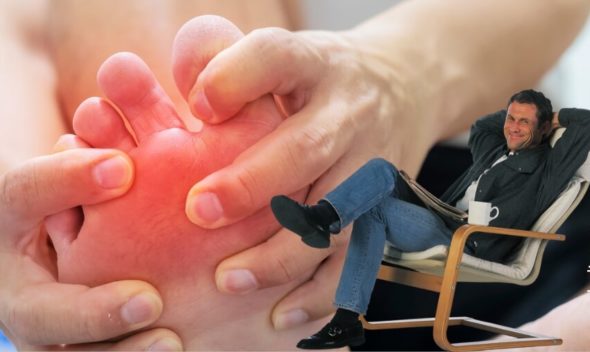
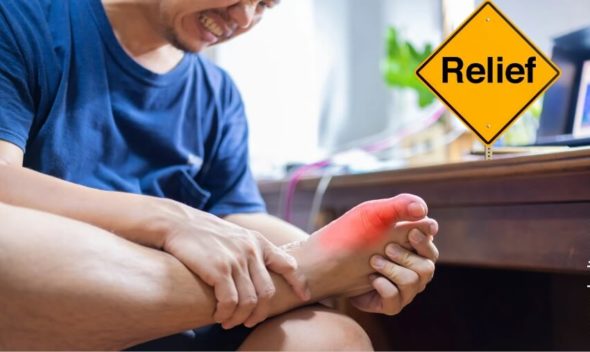

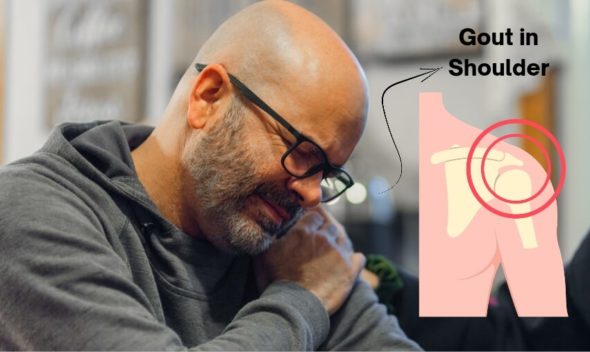
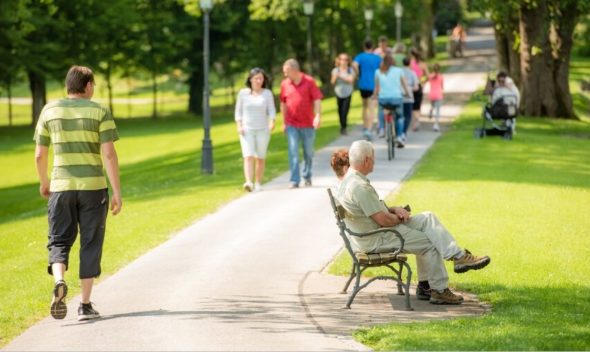
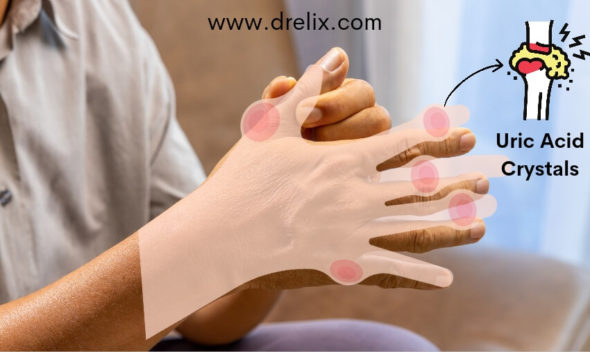
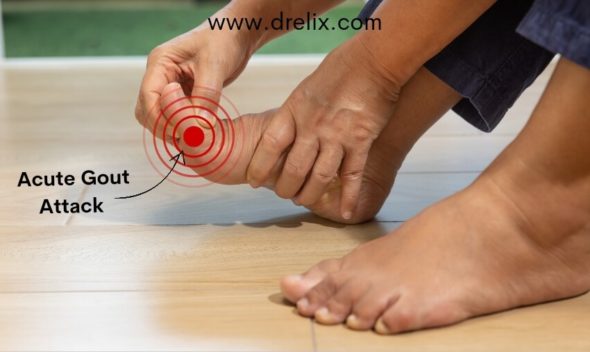
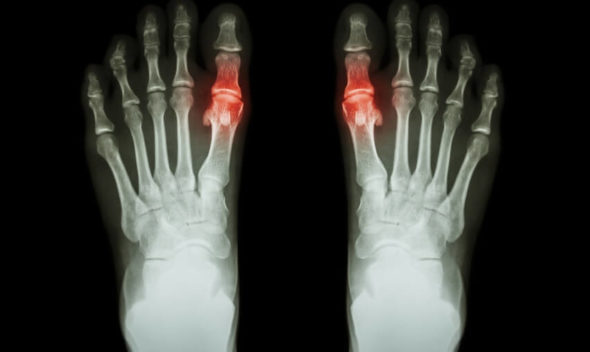
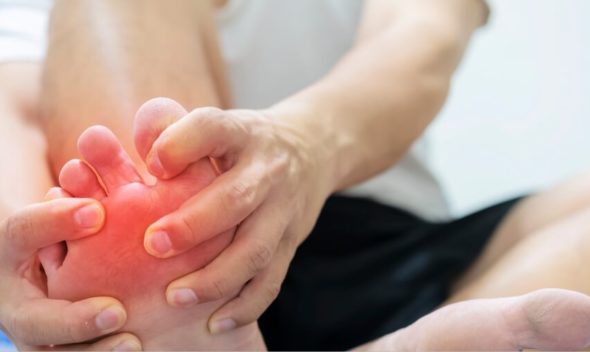

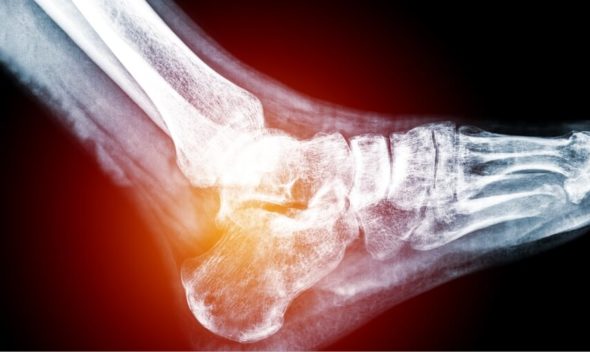

Leave a comment